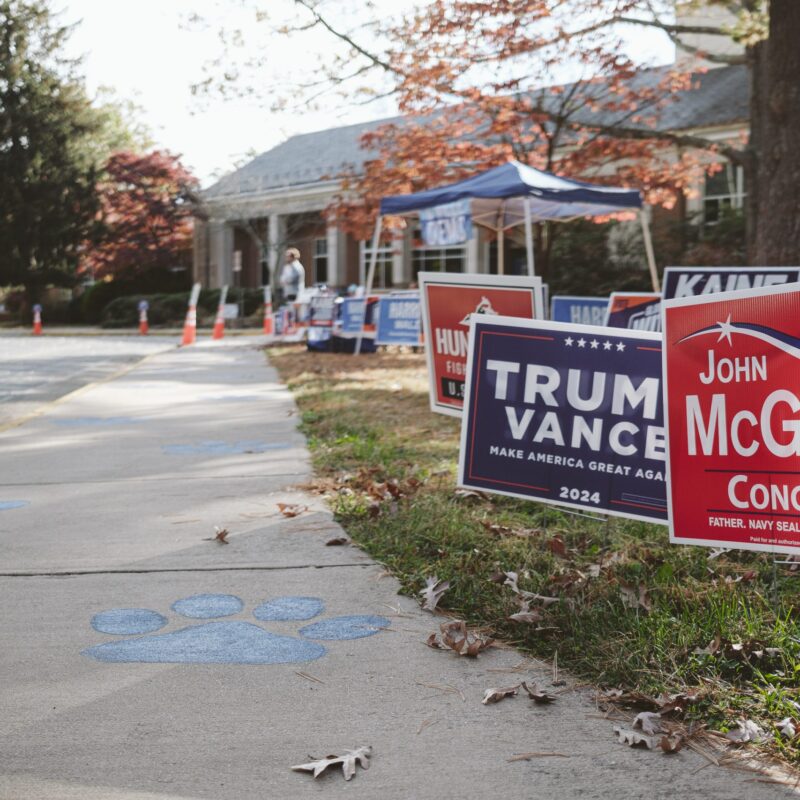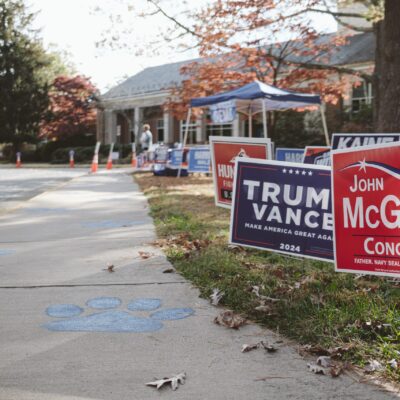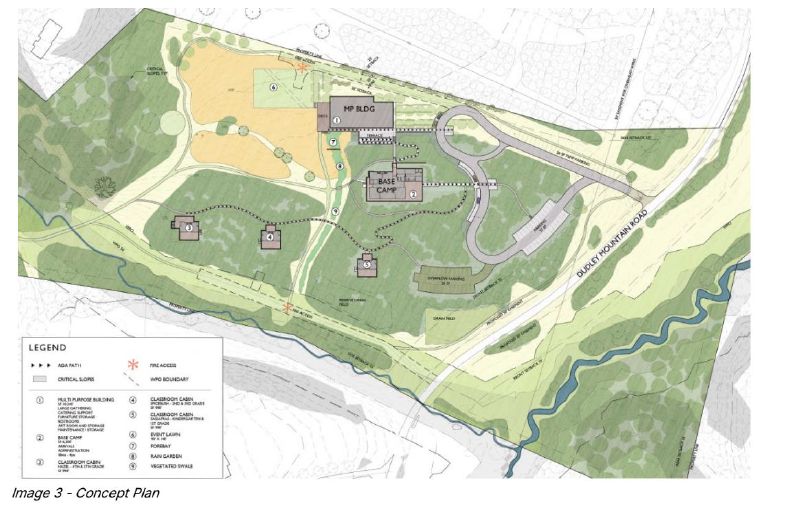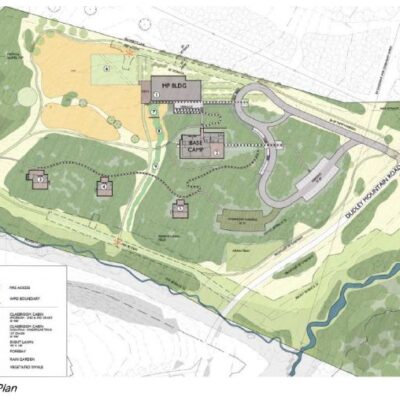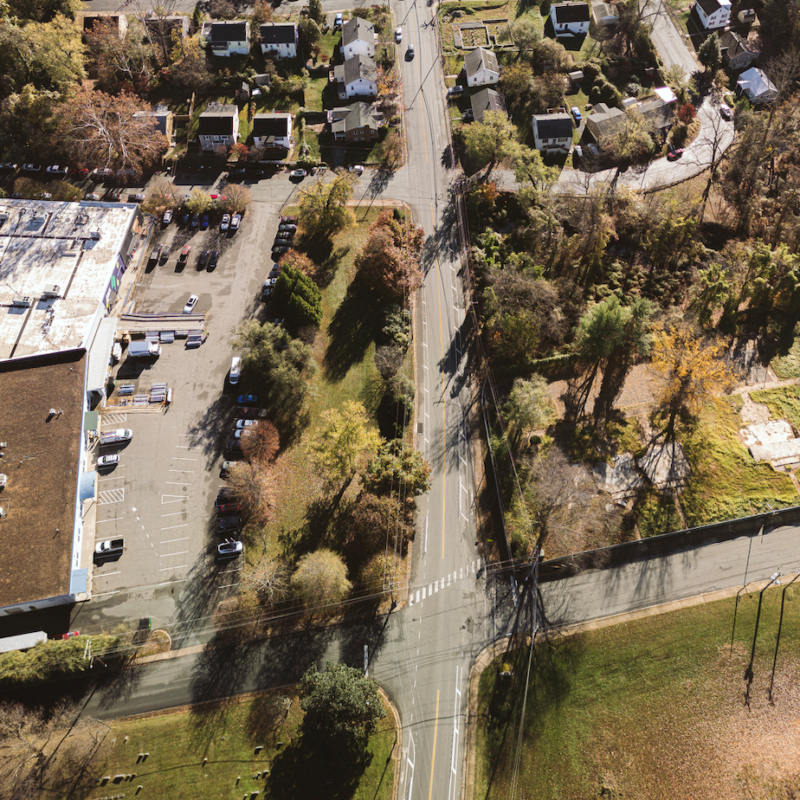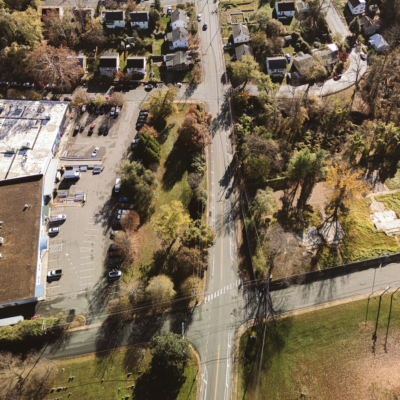Under fire from vociferous taxpayers, leaders in both city and county keep rolling back pennies from the tax rate.
Albemarle County’s current real estate tax rate is 74 cents per $100 of assessed value. Following the 28 percent rise in biennial county real estate assessments, the Board of Supervisors originally drew up a budget that nonetheless kept the 74-cent rate. After pressure from taxpayers, largely led by county Republicans, the Board of Supervisors agreed to a maximum of 70 cents on March 21. A final rate will be set on April 11.
 Supervisor David Slutzky is fed up with the anti-tax talk. “There was a tone of anger and contempt and a lot of them were really rude,” he says of a recent Board meeting. Supervisor David Slutzky is fed up with the anti-tax talk. “There was a tone of anger and contempt and a lot of them were really rude,” he says of a recent Board meeting. |
Such a cut, however, means that certain programs cannot be fully funded, notably education. The school division receives 68 percent of its funding from local sources. A 4-cent reduction will cost the division over $2 million, lowering their overall budget to $99,676,053 from $101,926,434.
The cuts are not enough for many area residents. At a recent Board of Supervisors public hearing, orange signs dotted the landscape of grey heads, advocating 58 cents—the tax rate that, because of the assessment hike, would create the same amount of revenue as last year. Although a bevy of speakers filed forward to reiterate their love for the county’s schools, the orange signs clearly had them out numbered.
“I would say it was a good 70-80 percent anti-tax,” says Supervisor David Slutzky. He’s the only Board member to have voted to keep the tax rate the same, at 74 cents. “There was a tone of anger and contempt and a lot of them were really rude,” he says, arguing that their anger is misdirected. “They’re angry and they should be, and I’m angry too for the same reason they are because they have to foot the bill for things that Richmond is turning its back on.”
According to the supervisor, the county is forced to pay for a litany of mandated programs from the state and federal levels. “For example, somewhere over $2 million in the school budget is No Child Left Behind costs that Washington says we have to spend,” Slutzky says. “There is a huge cost burden on the taxpayers without any tax relief from Richmond.”
As the Board endured the public onslaught, City Council was in their chambers tentatively approving a real estate tax rate of 95 cents per $100 of assessed value. That would be 4 cents lower than last years, though city property assessments went up 14 percent. The city agreed to fully fund the schools’ budget request. The final vote takes place April 10.
C-VILLE welcomes news tips from readers. Send them to news@c-ville.com.
